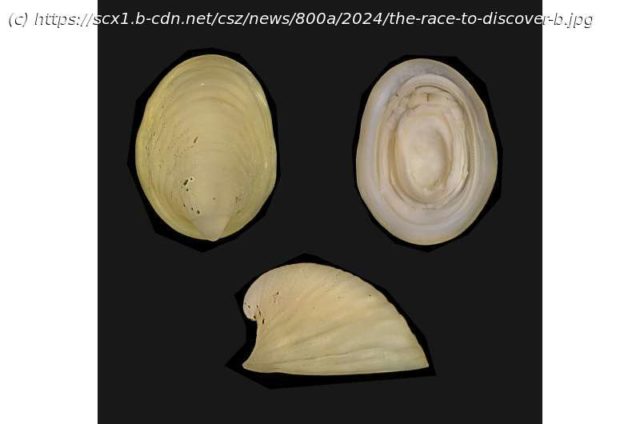A new paper, the Ocean Species Discoveries (OSD), describes a ground-breaking experiment that united 25 independent taxonomists from ten countries. The initiative boasts the discovery of eleven new marine species from all over the globe, occurring at depths from 5.2 to 7081 meters. It also represents a significant step forward in accelerating the pace at which new marine species are described and published.
A new paper, the Ocean Species Discoveries (OSD), describes a ground-breaking experiment that united 25 independent taxonomists from ten countries. The initiative boasts the discovery of eleven new marine species from all over the globe, occurring at depths from 5.2 to 7081 meters. It also represents a significant step forward in accelerating the pace at which new marine species are described and published.
Accelerating global change continues to threaten Earth’s vast biodiversity, including in the oceans, which remain largely unexplored. To date, only a small fraction of an estimated two million total living marine species have been named and described.
A major challenge is the time it takes to scientifically describe and publish a new species, which is a crucial step in studying and protecting these species. The current scientific and publishing landscape often results in decade-long delays (20–40 years) from the discovery of a new species to its official description. As an alternative to this, the Ocean Species Discoveries initiative was launched, offering a new platform for rapid but thorough taxonomic description of marine invertebrate species.
Ocean Species Discoveries is coordinated by the Senckenberg Ocean Species Alliance (SOSA), a project of the Senckenberg Research Institute and Natural History Museum Frankfurt. SOSA’s goal is to facilitate the discovery, protection, and awareness of marine invertebrate species before they become extinct.
The project coordinated 25 different researchers and produced data on thirteen marine invertebrate taxa, including one new genus, eleven new species, and one redescription and reinstatement.






